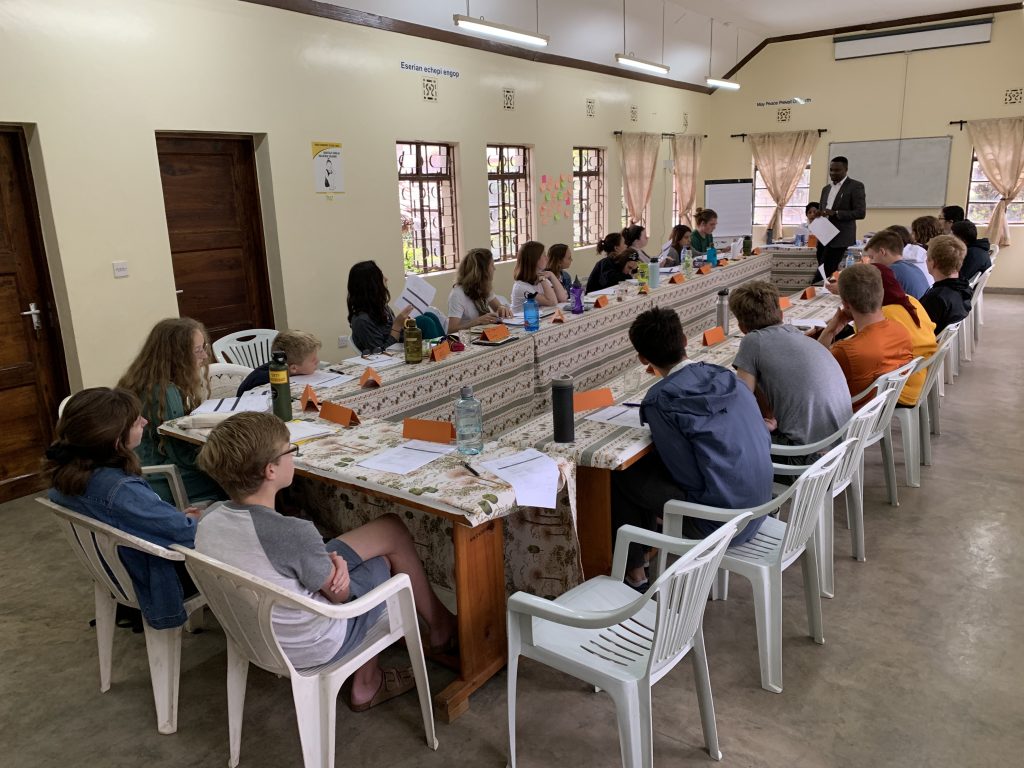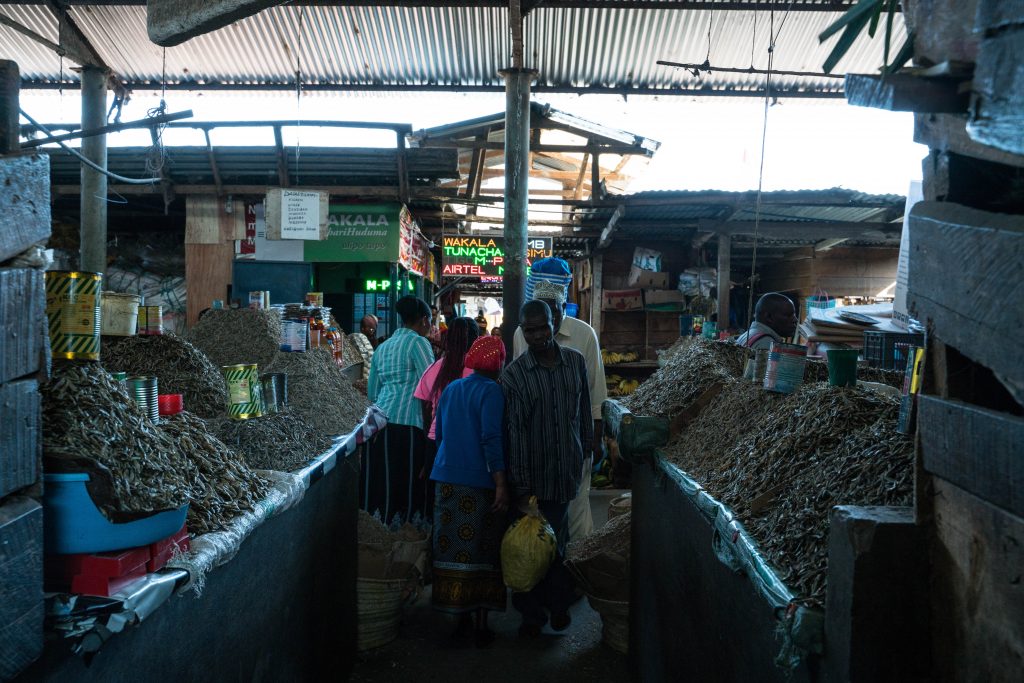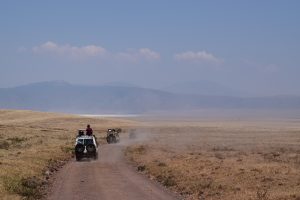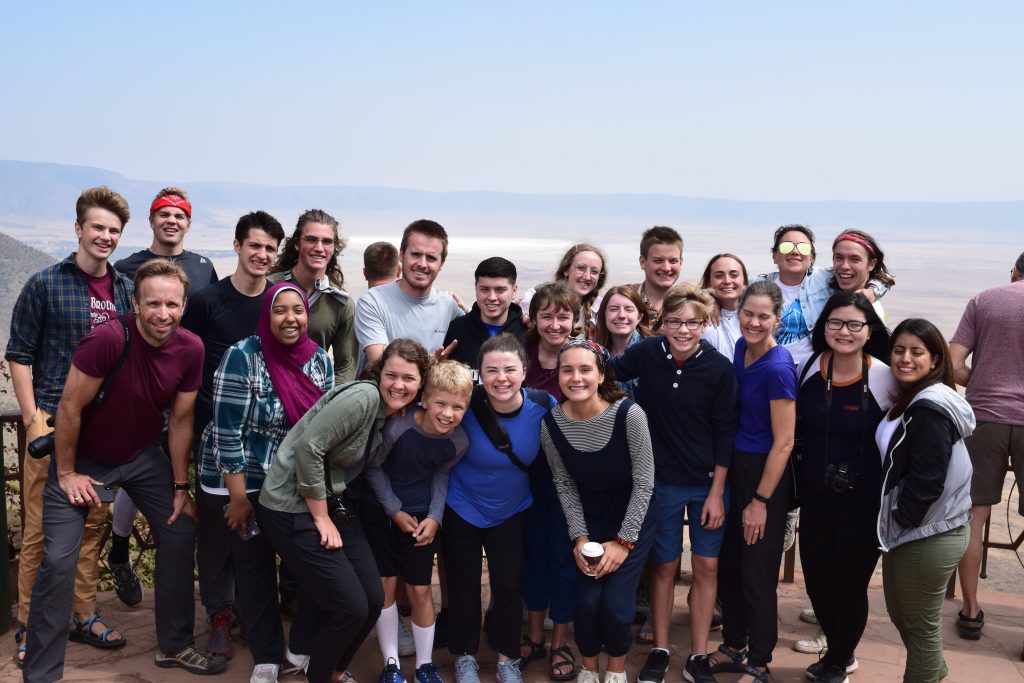Global Guests
Mambo! After an exciting five days in Egypt, we have arrived in Arusha, Tanzania. Going into this month long stay, the common sentiment was one of readiness for a routine and a slower pace. While we have not exactly found the latter, we are starting to settle into our routine at Mwangaza Educational Center, our new home away from home. Mwangaza is a facility owned by the Evangelical Lutheran Church of Tanzania that works with organizations to host educational seminars and retreats in order to “have critically conscious communities where learning together improves lives,” in ways that foster meaningful partnership with the communities in question.

Our first couple days at Mwangaza consisted of orientation seminars, six hours of intensive Swahili, and multiple trips into Arusha. On one of these trips, we went to the local food market, where we tested out our Swahili as we tried to barter for different food items. While we did end up paying way more than normal, it was all part of the experience! We learned how bartering in Tanzania is relational, not transactional, as authentic connection is highly valued in this culture. Even just walking down the streets of Arusha, it is common to be welcomed by the majority of people you see. The energy of the city is infectious, always putting a smile on all of our faces as we feel the genuine warmth of the people around us.

On Saturday, we had the opportunity to go on Safari, which I think may be one of the highlights of my semester as a whole. We traveled three hours from Arusha to Ngorongoro Conservation Area, a nature reserve that is actually a volcanic crater that formed as a result of an eruption of the Ngorongoro volcano over 2 million years ago. This crater is home to roughly 25,000 large animals including elephants, rhinos, leopards, lions, and zebras. We cruised through the crater in what you would imagine as a safari-esque vehicle, sticking our heads out of the open roof and marveling at the beautiful animals in their natural

habitats. This what I found to be the most striking part of the safari experience: the only man-made part of Ngorongoro was the relatively small road. Nothing else. The wildlife are not fed or touched by humans, and if they wish to, they can easily walk away from the road to escape the visitors and their cameras. Not often seen in the United States, this concept made me think of a discussion that was led by one of Mwangaza’s program consultants, Daudi. During our initial orientation, Daudi posed two compelling questions: “Why is it important to be a guest?” and “Why is it important to be a host?”. While I have considered the importance of being a host in the past, I had never taken time to consider why it is important to spend time as a guest, and was struck by our discussion. In our group conversation, we discussed how being a guest allows us to learn from our hosts and to be vulnerable in a new and important way. Concluding this discussion, Daudi encouraged us to continue contemplating what it means to be a guest and how to incorporate this into our daily lives.

Throughout this leg of our journey, we are guests at Mwangaza Center, where we sleep, learn, and eat. We are guests in Arusha, where we get to explore the vibrant bustle of the city, and we are guests in the country of Tanzania, in whose culture we hope to be immersed.
On Global Semester, our existence is one of a guest, and I am eager to stand in this state of perpetual vulnerability and demonstrate immense respect for our hosts — whether they be people, cities, countries, or even wild animals.
— Claire Walsh ’21
You must be logged in to post a comment.